Apples and pears are two popular fruits that have stood the test of time, offering a multitude of benefits and a countless variety of flavors. They have not only captured the hearts of food enthusiasts but have also become a thriving business opportunity for farmers, wholesalers, distributors, and retailers. In this article, we will explore the business potential of apples and pears and how to maximize profits in this fruitful endeavor. 1. Market Trends and Demand: The global demand for apples and pears has been consistently on the rise, driven by the increased awareness of healthy eating and the growing preference for natural, nutrient-rich produce. Apples and pears are versatile fruits that can be incorporated into a wide range of products, including fresh fruit markets, juice concentrates, baked goods, jams, and preserves.
apples and pears
Additionally, the rising popularity of organic and locally sourced products presents a significant opportunity for those looking to take advantage of the growing consumer interest in sustainable agriculture and healthy eating habits. By offering organic or locally grown apples and pears, businesses can tap into this niche market and cater to environmentally conscious consumers. 2. Cultivation and Farming Practices: Growing apples and pears require careful planning and cultivation techniques. Farmers must pay close attention to soil quality, climate suitability, and the specific requirements of different apple and pear varieties. It is essential to choose high-quality rootstocks and conduct proper pruning and pest control measures to ensure a healthy crop yield.
features of apples and pears
Additionally, research and investment in modern farming practices, such as high-density planting and integrated pest management, can significantly enhance productivity while minimizing costs. By adopting sustainable and efficient farming methods, businesses can produce higher-quality fruits and reduce waste, thus maximizing profitability. 3. Packaging and Distribution: Investing in attractive, durable, and eco-friendly packaging is crucial for preserving the freshness and visual appeal of apples and pears during transportation. Sturdy corrugated boxes or PET clamshells are commonly used, offering protection against bruising and damage. To extend the shelf life, temperature-controlled storage and distribution facilities are essential. The establishment of a well-managed cold chain system will ensure that apples and pears reach consumers in optimal condition, preserving their taste and nutritional value.
buy apples and pears
4. Value-Added Product Development: Businesses in the apple and pear industry can explore diversification through value-added product development. This includes producing fresh-cut slices or chunks, making apple and pear-based juices, ciders, or wines, and creating signature apple and pear-flavored desserts or snacks. By adding value to the products, businesses can expand their customer base and tap into new market segments. 5. Partnership Opportunities: Collaborating with other businesses in the food and beverage industry can provide mutually beneficial opportunities. Restaurants, juice bars, and fruit-based product manufacturers are often seeking direct partnerships with apple and pear producers to ensure a consistent supply of high-quality fruits. Building such alliances can lead to long-term contracts and steady revenue streams. Conclusion: Apples and pears present an excellent business opportunity for those who are willing to invest in this fruitful industry. With increasing market demand, sustainable farming practices, effective packaging and distribution, and value-added product diversification, businesses can maximize profits while offering consumers healthy and delicious choices. By seizing the potential of apples and pears, entrepreneurs can cultivate a thriving and sustainable business venture in the ever-growing market of fresh produce and related products.
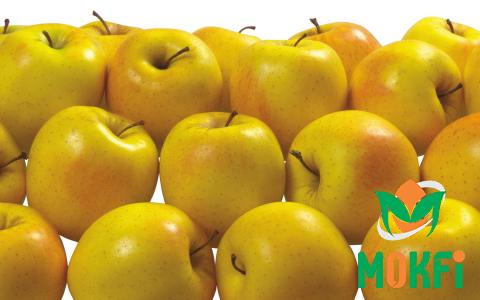
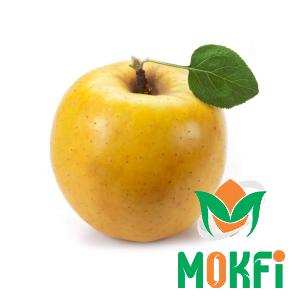
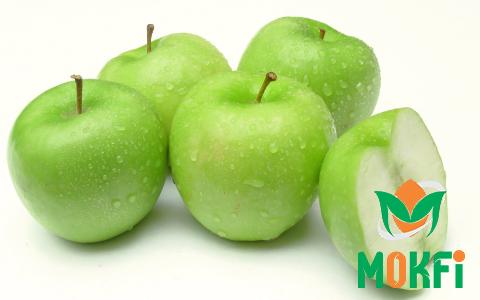
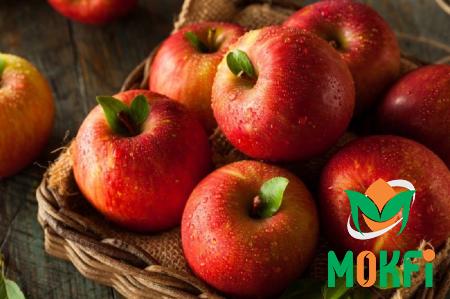
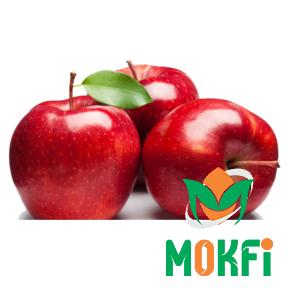
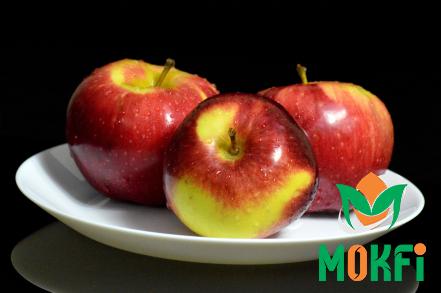
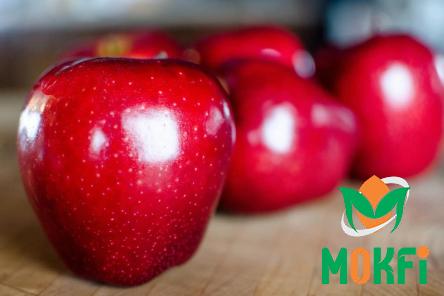
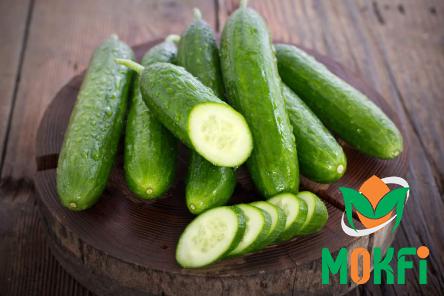
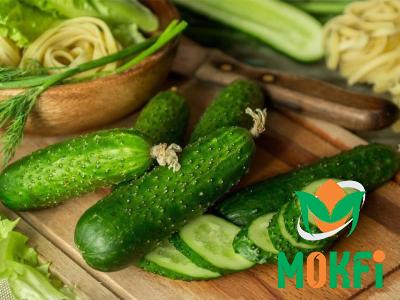
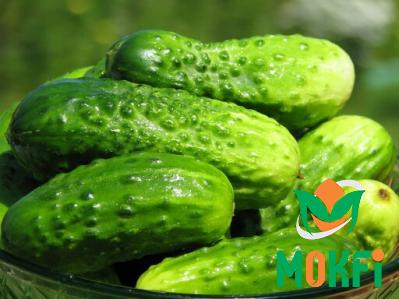
Your comment submitted.